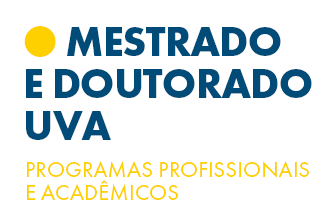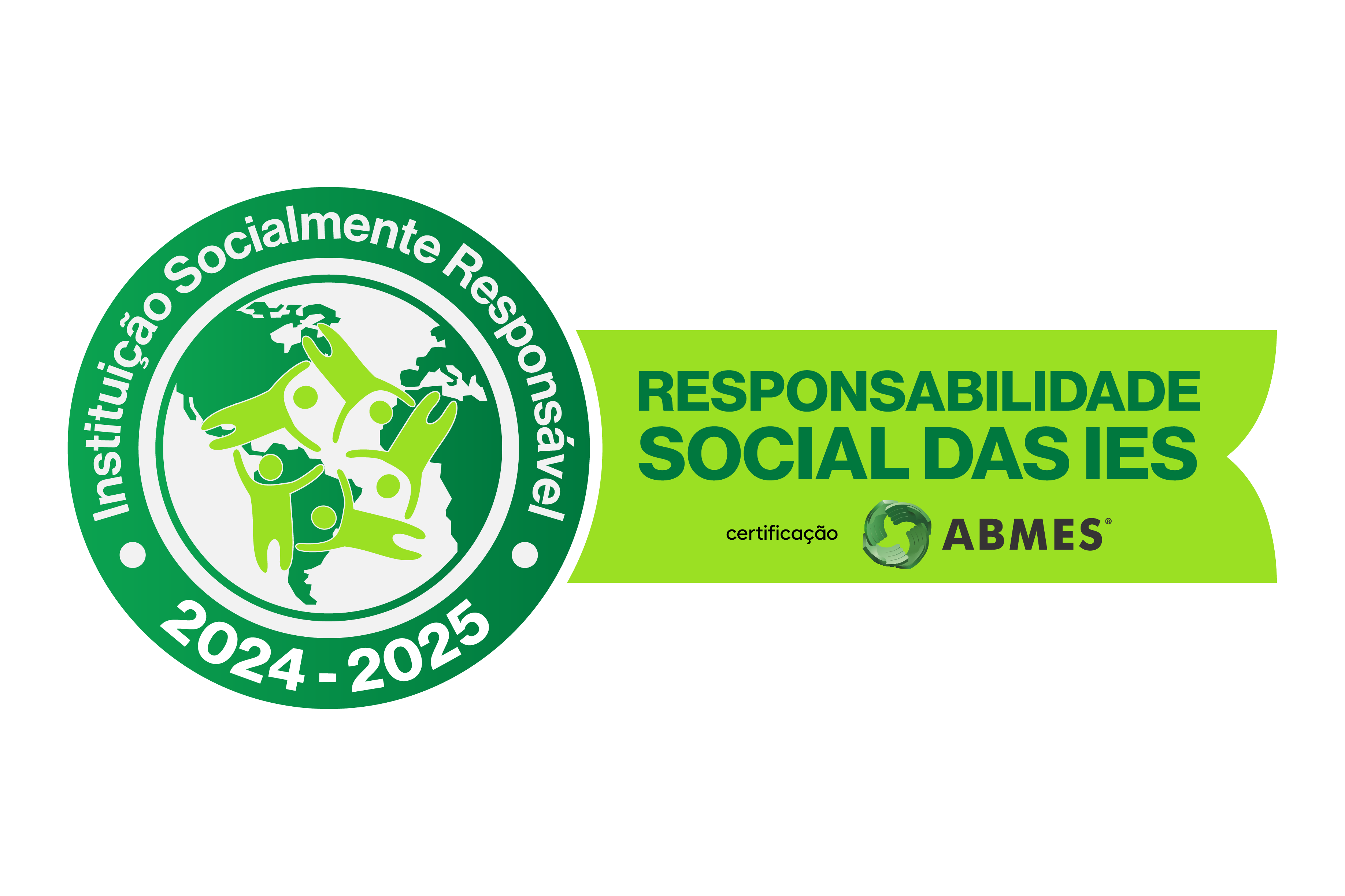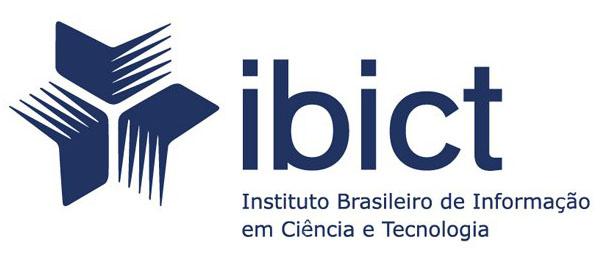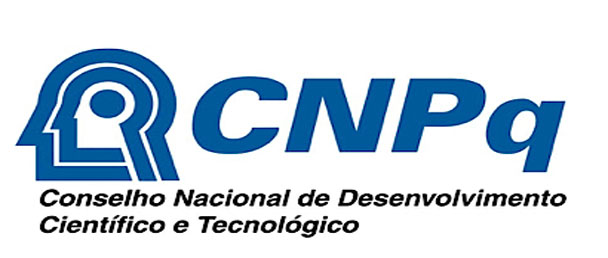A experiência, o conhecimento e a verdade no tratado da emenda do intelecto de Benedictus de Spinoza: diferenças com René Descartes
Experience, knowledge and truth in the treatise on the emendation of the intellect by Benedictus de Spinoza: differences with René Descartes
DOI:
https://doi.org/10.61565/2317-6474.2025.617Keywords:
knowledge, experience, truth, Good, PoliticsAbstract
The idea present in the Meditations of René Descartes, that pure thought does not contain in itself any trace originating in the senses, may seem to agree entirely with the Treatise on the Amendment of the Intellect by Benedictus de Spinoza, due to the fact that in this work of his youth the philosopher Dutch prioritize the treatment of ideas and not corporeal reality. We will analyze what differences exist between the method used by Descartes, in the search for a secure foundation for knowledge, and Spinoza’s method of searching for the “true good”, as well as we will seek to clarify the meanings in both works, of the ideas of experience, knowledge and true, We will verify the place occupied by experience, affections and reason in the Intellect Amendment Treaty. After having problematized these issues, we will see if it is possible to say that the TIE has the outline of a program of a political nature.
Downloads
References
ESPINOSA, Baruch. Correspondência completa e vida. (orgs) J. Gursburg, Newton Cunha e Roberto Romano. São Paulo: Perspectiva, 2014.
ESPINOSA, Baruch. Tratado da Emenda do Intelecto, Tradução e nota introdutória: Cristiano Novaes de Rezende. São Paulo: Unicamp, 2015.
MOUREAU, Pierre F. Spinoza: L’expérience et l’éternité. Paris, puf, 1994.
SPINOZA, Benedictus. Ética. Edição Bilíngue, Latim/Português. Tradução e notas: Tomaz Tadeu. Belo Horizonte: Autêntica, 2007.
TEIXEIRA, Lívio. A doutrina dos modos de percepção e o conceito de abstração na filosofia de Spinoza. São Paulo: Unesp, 2001.











